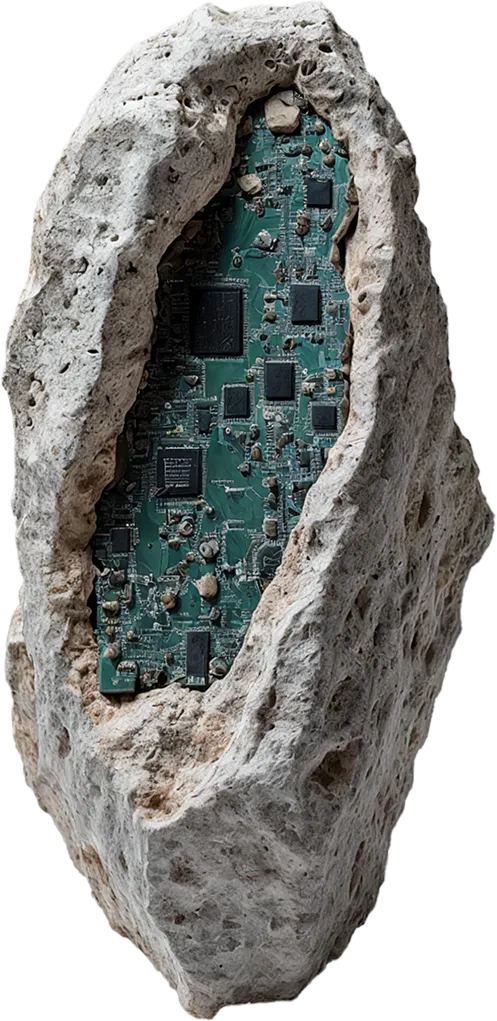
The world is experiencing the breakdown of natural and social systems, exacerbated by digital inequality, unsustainable resource usage and digital colonialism. Technologies once designed to connect and share knowledge are increasingly used to divide, exploit and extract.
At the 6th SustainableICT Winter School, we will bring together diverse voices with the aim to connect visions of sustainability and build more resilient digital futures.
Read the abstractThe ICT sector plays a contradictory role in shaping sustainable futures. While technologies promise optimisation, dematerialisation, and access to knowledge, are also driving economic division, extractivism, rebound effects, disinformation, and surveillance. These ambivalent positions of ICT act as both a contributor to and a potential mitigator of the overlapping ecological and social crises we face.
We aim to explore these tensions across planetary and societal boundaries - from the environmental cost of digital infrastructure to the erosion of public trust and democratic processes. We'll look at how technological optimism can delay climate action and how narratives of open source and AI are being co-opted to sustain business-as-usual.
These complex issues require interdisciplinary thinking, blending different approaches and connecting visions.
The SustainableICT Winter School is an interdisciplinary event that emphasises learning and doing. It includes lectures, panels and interactive workshops. Throughout the week, academics, politicians, artists, and activists will come together to analyse and challenge the usage and effects of ICT across the globe.
We will start by examining the past, how ICT was built and integrated in the world around us. We will then dissect the present relationship between technology, politics, and the economy. Finally, we will end the week by drawing the line between ICT and social injustice, as well exploring ways of dealing with the consequences - to build a more resilient future.
We invite people from diverse communities, academic fields, the industry and arts to come together for a five-day English language winter school from the 26th to the 30th of January 2026, held at Université Libre de Bruxelles, Brussels, Belgium.
2024 | Utopia or Dystopia: Perspectives & Choices in ICTThe aim of the 5th edition is to provide participants with a comprehensive insight into the multifaceted landscape of socio-economic harms along the supply chain and life-cycle of products, as well as the efforts being made to promote sustainability issues, and to foster a systemic understanding of the collective action required to shape a more sustainable future in the ICT sector.... Download abstract |
2023 | Radical changes for sustainable and equitable ICT in times of compounding crisesSICT2023 aimed to bridge the gap between research in the Information and Communications Technology (ICT) and the overarching and inter-related social, environmental, and economic questions of our time. The 4th edition of this doctoral summer school will break away from the dominant social, economic, and political paradigm that is currently fostering the infinite infinities of ICT... Download abstract |
2022 | Rethinking the Roles of Information and Communication Technologies in the Anthropocene: Towards a Post-Growth World?SICT2022 aimed at gathering researchers with different backgrounds to collaborate and rethink the road ahead for ICT and the way we research and develop digital technologies for a sustainable tomorrow. In this mindset, we questioned which steps to take towards a post-growth world... Download abstract |
2021 | Bridging the Gap between ICT and SocietySICT2021 aimed to bridge the gap between research in the Information and Communications Technology (ICT) and the overarching and inter-related social, environmental, and economic questions of our time. This second edition of this doctoral summer school critically looked at the current state of ICT... View speakers |
2020 | Socio-Environmental Impacts of ICTSICT2020 mostly focused on the socio-environmental impacts of ICT production steps, e.g., raw materials extraction and electronics manufacturing... View speakers |